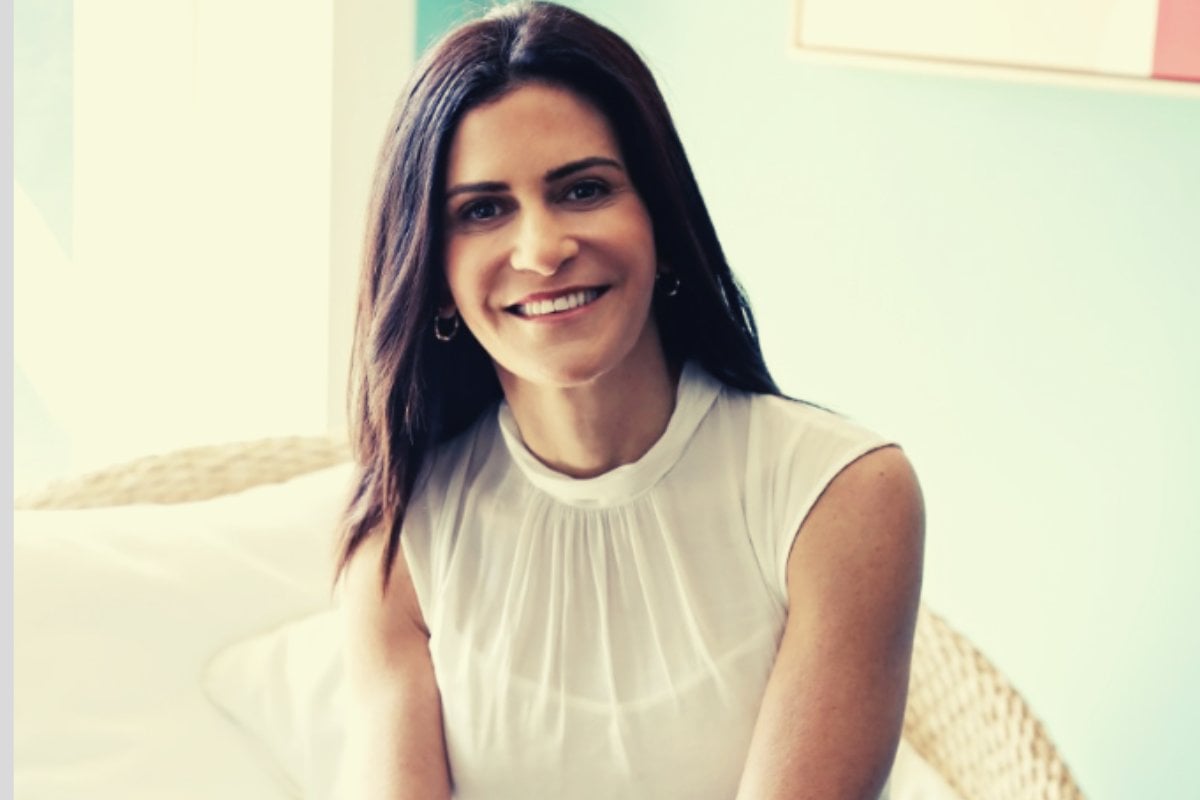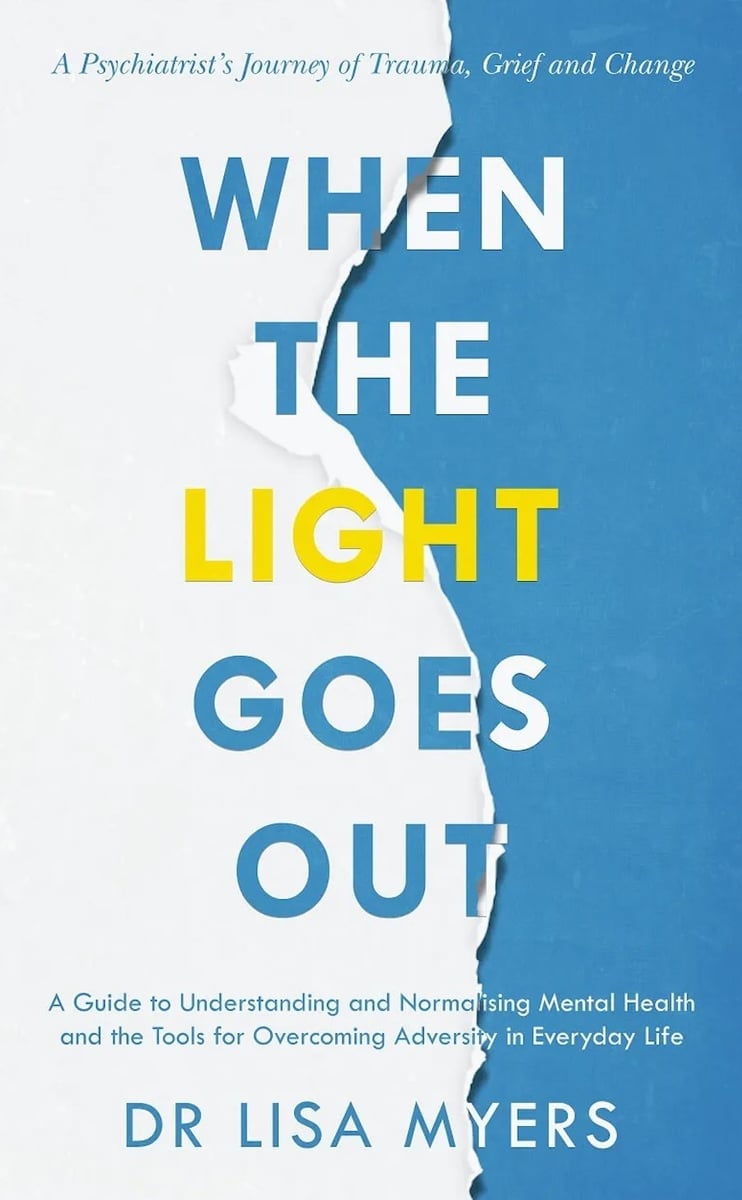
Dr Lisa Myers’ story begins with her recounting the frantic moments of uncertainty leading up to her discovery of her father’s death in tragic and horrific circumstances. Struggling to come to terms with the experience herself, Lisa was forced to put on a brave face as she broke the news to her mother and her own children. Unable to simply accept the reports from authorities, Lisa details her search for the truth of what really happened to her father, reaching the ultimate conclusion that she may never know the truth of that fateful night.
Follow Lisa on her journey as she describes how she learnt to cope with the pain, trauma and suffering she experienced through the loss of her beloved father. Along the way, Lisa takes us inside her mind as she shares a number of insightful life lessons learnt through her experiencesas a doctor, psychiatrist, wife, mother, daughter and trauma survivor.
While you're here, watch The Journey Through Loss And Grief - Jason Rosenthal. Post continues below.
The following is an extract from Dr Myers’ latest book – ‘When the Light Goes Out’

